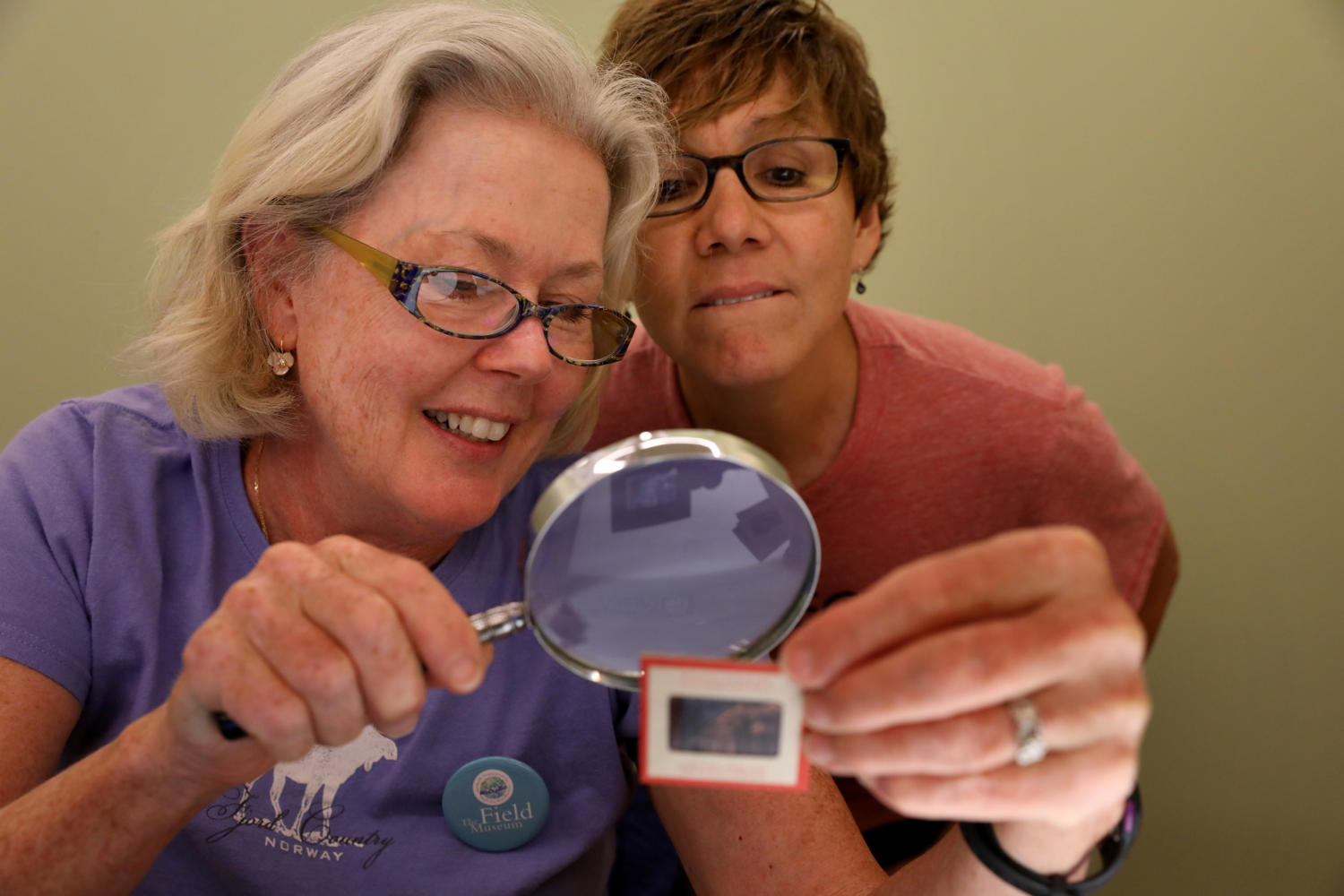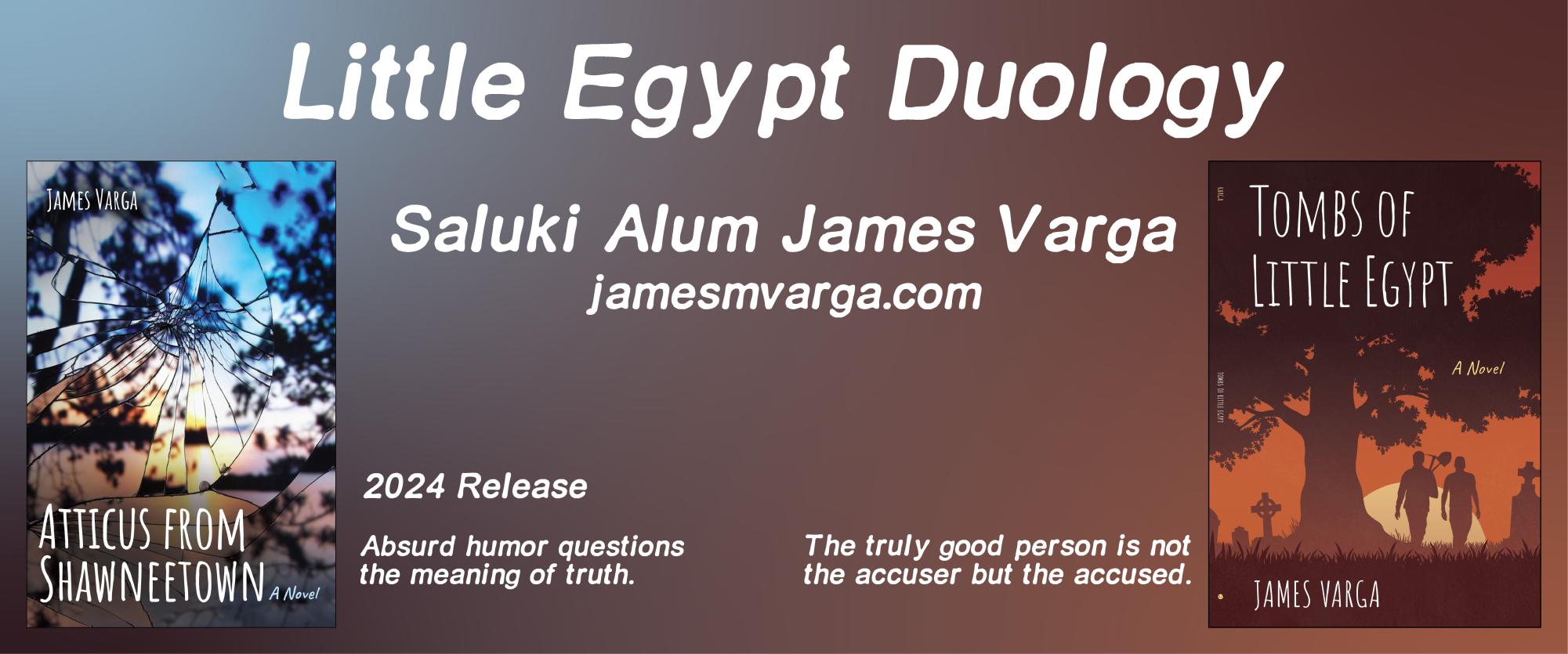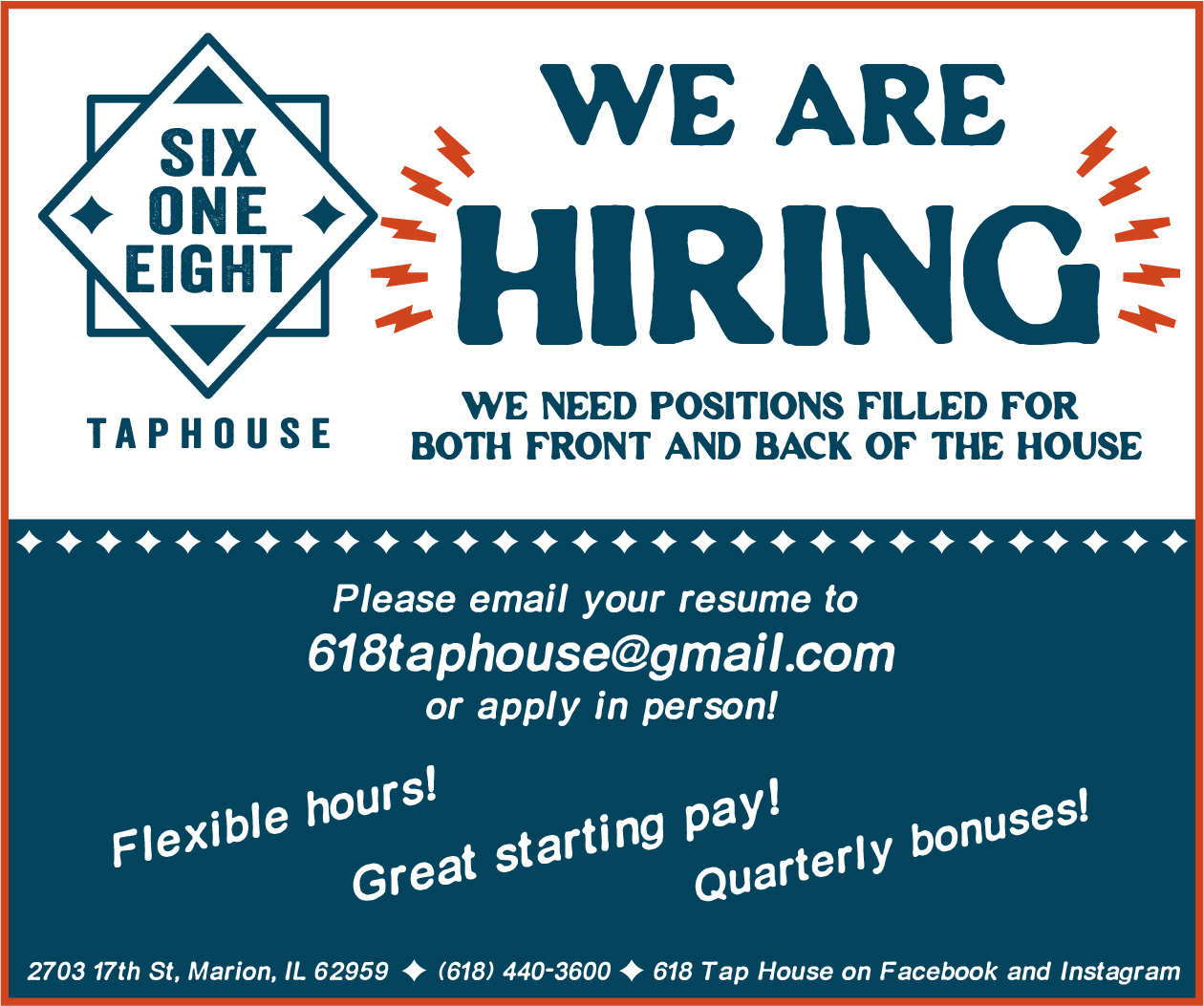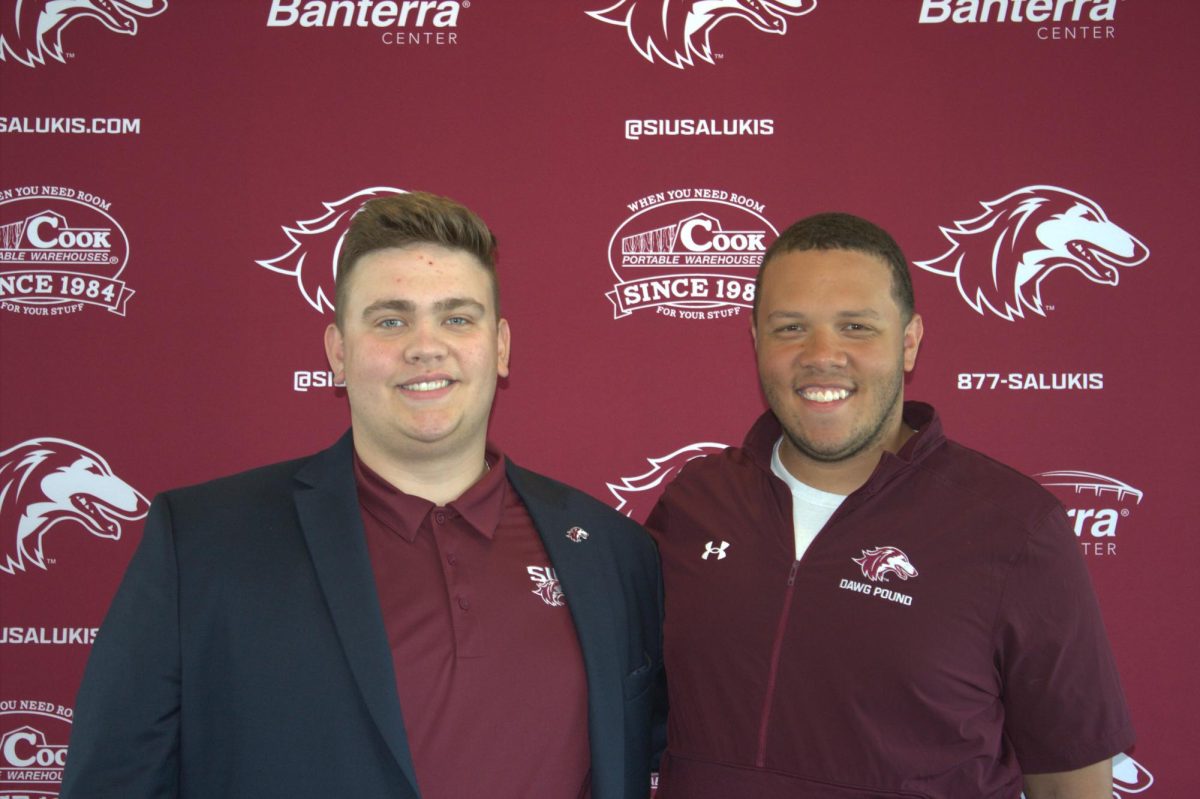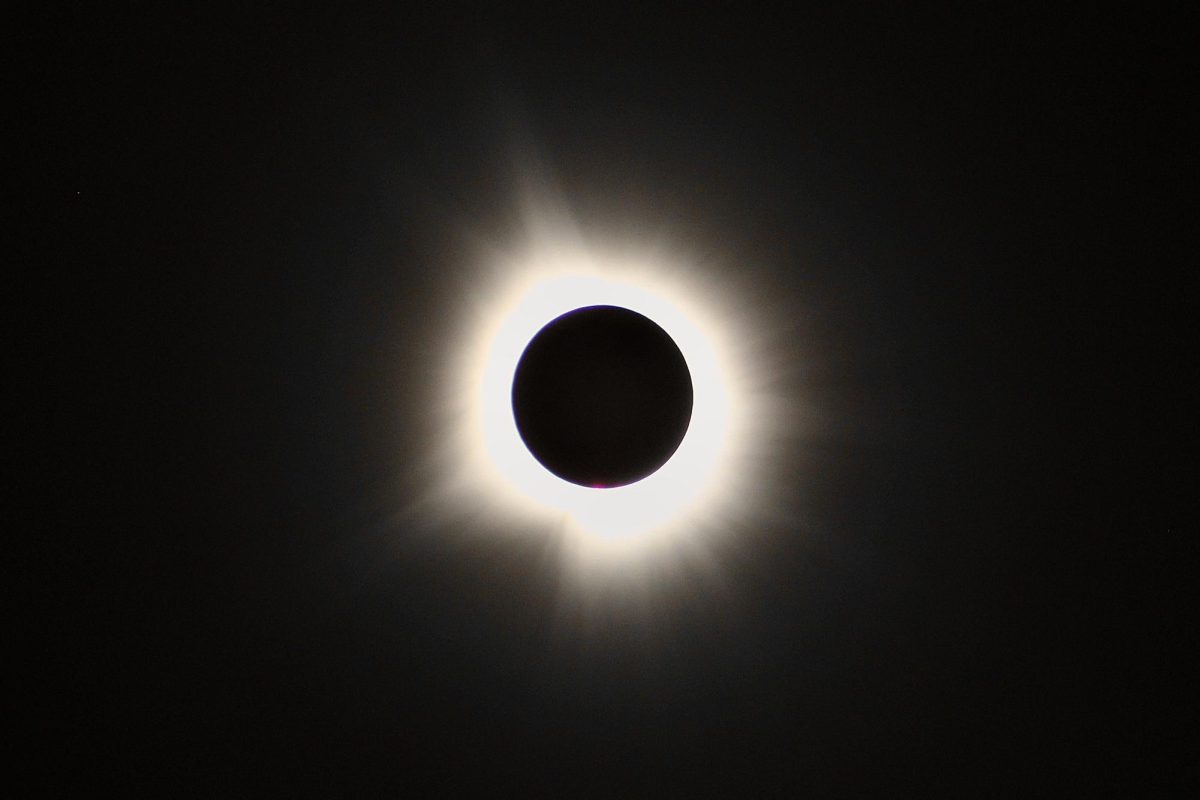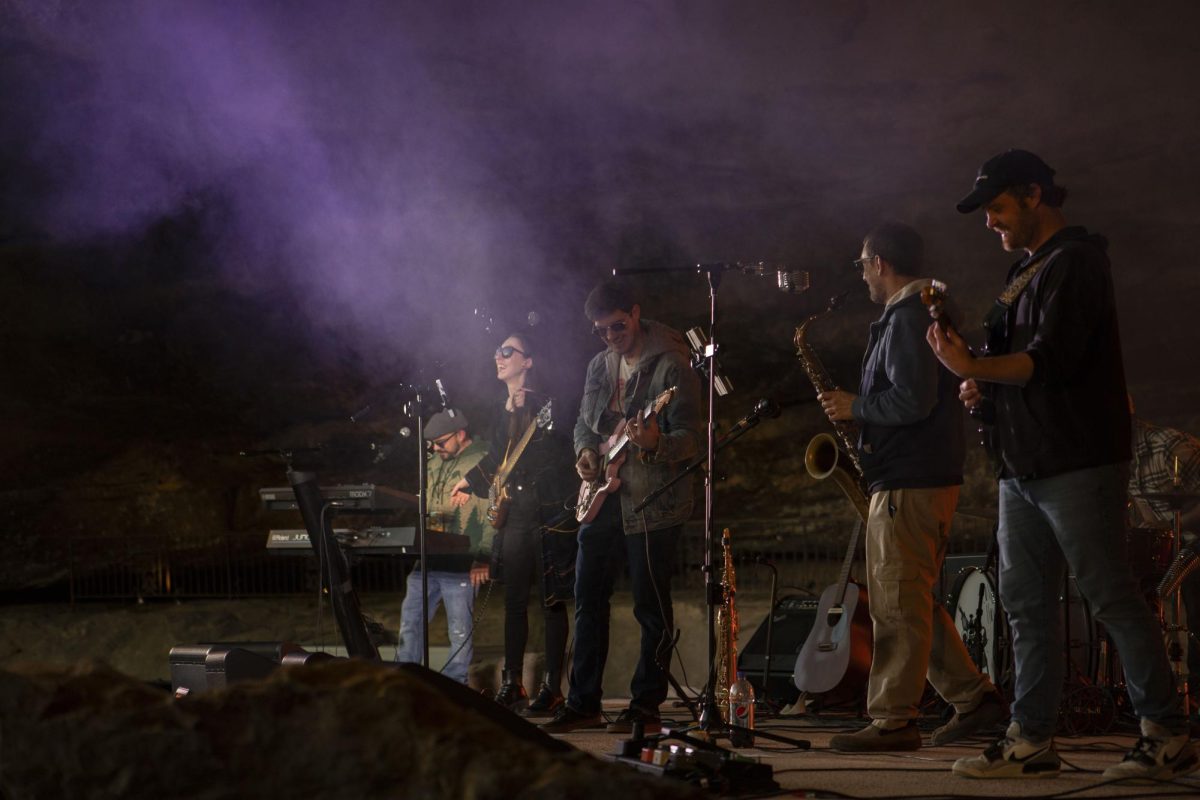In world of citizen science, amateurs and enthusiasts make real contributions
Volunteer Lisa Musgrave, of Palatine, Ill., left, calls over Robin Delapena, collections assistant and digitization specialist, to see a slide that is a double exposure. Volunteers at Chicago’s Field Museum work in the back area of the museum helping digitize and archive specimens in the collections. (Nancy Stone/Chicago Tribune/TNS)
September 13, 2017
Conducting scientific research is often tedious and time-consuming, but someone had to do it.
Now, though, as many scientists have seen grant funding and resources shrink, they’re exploring new ways of approaching their work, increasingly with the help of everyday amateurs and enthusiasts through what’s known as citizen science.
The term was popularized in the 1990s, but the concept isn’t new. The Audubon Christmas Bird Count, for example, where volunteers across the country help conduct an avian census, started in 1900.
Advertisement
Yet the ease with which people can learn about opportunities, participate and share data through the internet and social media has vastly expanded the possibilities of citizen science. Smartphones have propelled it even farther, as participants can upload their data with the touch of a button.
“I think it’s really enabled citizen science to blossom and reach the place it is in today,” said Jake Weltzin, an ecologist with the U.S. Geological Survey. “They can go out with their phone in their pocket, collect it right then and there for real-time models so we can know exactly what’s going on.”
Laura Trouille, senior director of Citizen Science at Adler Planetarium, said it’s about engaging the public in a meaningful way and “working along with researchers who genuinely need their help.”
“What’s lovely is you don’t need any special qualifications to be a citizen scientist,” she said. “It’s based on the fact that we all have this amazing ability to recognize patterns, and the researchers have data where they just need someone to recognize a pattern in it and let them know.”
Chris Parson of Park Ridge was always interested in science and, after more than 20 years of selling women’s apparel, he closed his shop at age 50, went back to school and got a master’s degree in environmental studies. Now in his 70s, he spends his summers with Illinois RiverWatch, which trains volunteers to collect data on streams and rivers.
Parson also trains schoolteachers on projects they can incorporate in the classroom, like counting species of insect larvae, clams, leeches and other creatures that indicate water and habitat quality.
“I would say I’m a citizen scientist with the emphasis on citizen because I haven’t taken a lot of biology classes and I haven’t taken a lot of chemistry classes, but I really think that’s the heart of RiverWatch,” he said. “You collect scientific data in a rigorous way that will be useful to scientists by using people who are not (professionals).”
Advertisement*
Matt von Konrat, head of botanical collections at the Field Museum, runs a “Collections Club” where volunteers process specimens and records, transcribe field notebooks and repackage plant specimens from the 1800s. Almost 10,000 people have generated 100,000 data points for the department, he said, which would have taken a post-doctorate candidate years.
“On one hand, we have all these specimens and we’re trying to discover as rapidly as we can all this information,” von Konrat said. “On the other hand, we’re going through a massive extinction crisis and losing habitats faster than we can describe what’s found.”
While some studies utilize forums like Reddit, other organizations have their own platforms and websites, like Zooniverse, a citizen science web portal that grew out of a crowdsourced astronomy project called Galaxy Zoo.
Darlene Cavalier founded SciStarter, another citizen science web portal as a way to catalog projects and allow participants to track how their data contributes. The website has grown from a small blog to an international network.
“I wanted to find a way to help more people find these opportunities,” she said.
Though widely accepted now for certain types of data gathering and research assistance, citizen science met with plenty of skepticism over the years. Concerns about data quality were common, and it took years for the scientific community to recognize that citizen science could be useful beyond piquing the public’s interest.
Trouille was among those skeptical at first. She was pursuing a doctorate in astrophysics in 2008 when she heard about a Galaxy Zoo project.
The project involved a group of astronomers who had a data set of a million galaxies and needed people to classify each one as spiral, elliptical or two galaxies crashing together. Trouille herself had spent countless hours looking at such galaxy images and could identify them. But she questioned whether people with the same training and experience could do the same.
“I saw it as a wonderful tool for outreach and I saw it as a great way to get the public engaged in science, but I had a lot of misconceptions about the value added to the science itself, that you could really get useful results to use directly in your research,” Trouille said.
Her doubts waned as she learned more. For example, the results were based on consensus, meaning that if 45 people looked at the same image and 90 percent independently classified it the same way, that would give researchers a sense of confidence that the quality of the result was good.
“Now I totally see it does both,” Trouille said. “It’s a transformative tool for research.”
___
(c)2017 Chicago Tribune
Visit the Chicago Tribune at www.chicagotribune.com
Distributed by Tribune Content Agency, LLC.
Advertisement



